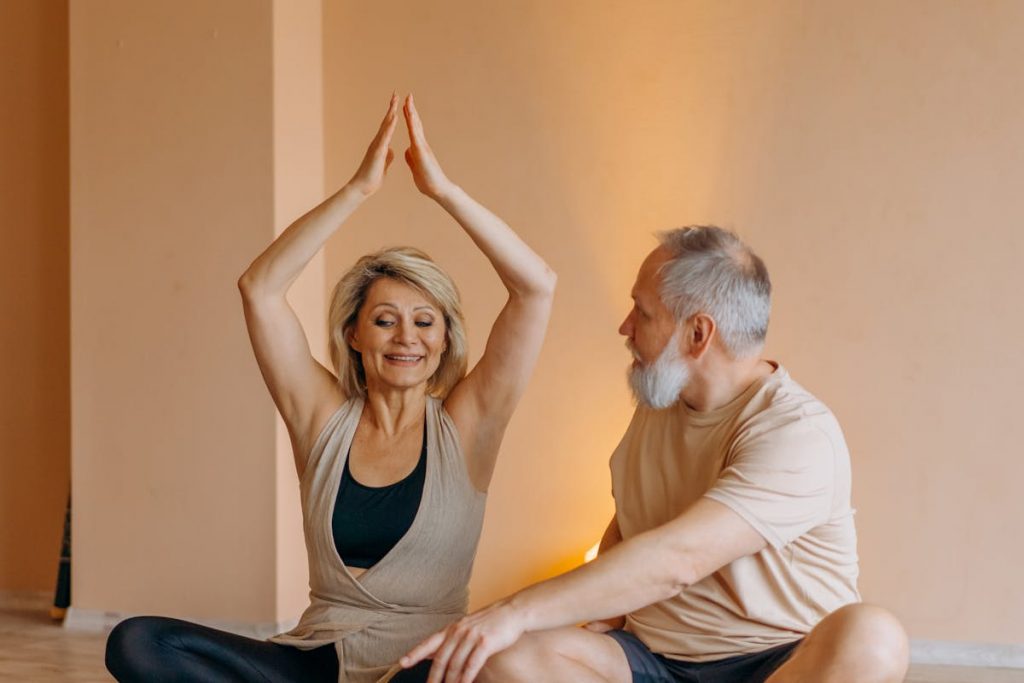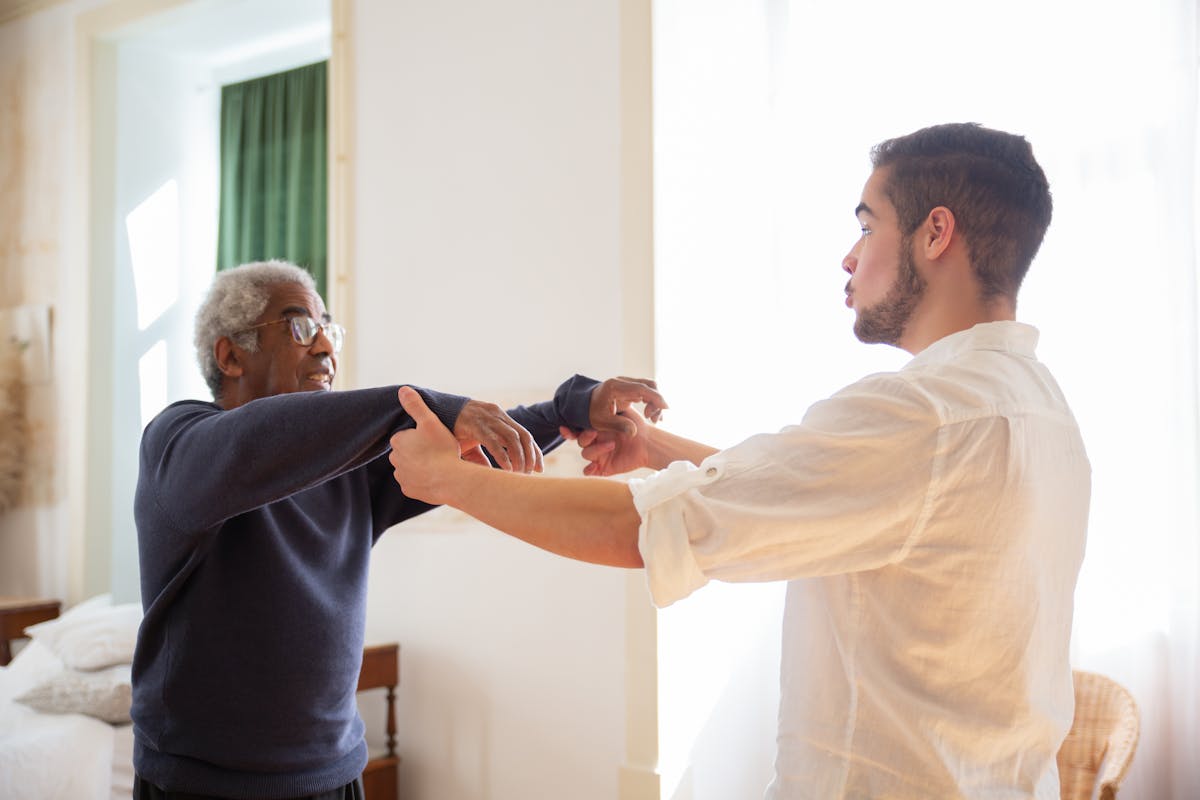- Arrange for professional home care services to assist with daily tasks and medication management during recovery.
- Modify the living space to remove hazards, ensure good lighting, and make essential items accessible.
- Promote physical health by encouraging gentle exercise and enhancing mobility with safe, supervised activities.
- Regularly monitor mental health and maintain consistent communication to provide emotional support and detect any issues.
As our loved ones age, they may require surgery to address various health issues. Ensuring their proper recovery post-surgery is crucial to their overall well-being and quality of life. The recovery process for elderly individuals can be more challenging due to factors such as slower healing times and increased risk of complications. This blog will discuss essential tips to help you support your elderly loved one during their surgery recovery journey.
Arrange for Home Care Services
After surgery, your elderly loved one may need assistance with daily tasks such as bathing, dressing, and meal preparation. Consider arranging for home care services to provide them with the support they need during their recovery period. Professional caregivers can also help monitor their medication schedule and ensure they follow their doctor’s instructions.
Choose a home service provider that specializes in caring for elderly individuals and has a good reputation. They can provide skilled nursing care, physical therapy, and other services tailored to your loved one’s needs. Having a professional caregiver can give you peace of mind, knowing that your loved one is in good hands while you attend to your own responsibilities.

Create a Safe and Comfortable Environment
Make sure your loved one’s living space is safe and comfortable for their recovery. This will ensure their physical safety and promote a positive mindset, which is essential for healing. Consider making the following four changes to their living space:
Remove Tripping Hazards
Make sure the floors are clear of any objects that could cause your loved one to trip and fall. This includes loose rugs, extension cords, and clutter. Consider using non-slip mats to prevent any slips and falls. You may also need to rearrange furniture to create a clear path for them to walk.
Make Essential Items Accessible
Place commonly used items such as medications, glasses, and water within easy reach of your loved one. This will prevent them from straining themselves or risking falls while trying to access these items. Consider installing grab bars in the bathroom and handrails on the stairs to provide additional support.
Ensure Adequate Lighting
Make sure your loved one’s living space is well-lit, especially in areas where they move around frequently. This will help them navigate their home safely and prevent any accidents. Consider adding night lights in hallways and bathrooms to ensure they can see clearly at all times.
Increase Comfort
Provide your loved one with comfortable seating and bedding to promote rest and relaxation. Consider using pillows or cushions to support any areas of their body that may need extra comfort, such as their back or joints. You can also add soft lighting and calming elements like plants or soothing music to create a peaceful atmosphere.
By providing a safe and comfortable living space for your loved one, you are not only ensuring their physical well-being but also promoting a positive mindset and aiding in their healing process. It is important to regularly check and update their living space as needed, especially if their condition changes or they have specific mobility needs.
Encourage Gentle Exercise
While rest is essential during the initial stages of recovery, it’s also important to encourage gentle exercise as recommended by their healthcare provider. Physical activity can help improve circulation, prevent muscle atrophy, and enhance overall mobility. Consider going on short walks together or practicing light stretching exercises at home.

Monitor Their Mental Health
Surgery can take a toll on an individual’s mental health, especially for elderly patients who may feel anxious or isolated during the recovery period. Stay connected with your loved one through regular visits or phone calls to provide emotional support and companionship. Encourage them to engage in activities they enjoy or consider seeking professional counseling if needed.
Follow Up with Healthcare Providers
Ensure that your loved one attends all scheduled follow-up appointments with their healthcare providers after surgery. These appointments are essential for monitoring their progress, addressing any concerns or complications, and adjusting treatment plans as needed. Keep track of their medications, symptoms, and any changes in their condition to share with medical professionals during these visits.
Supporting your elderly loved one through surgery recovery involves more than just meeting their physical needs—it’s about nurturing their overall well-being. By arranging professional home care services, creating a safe and comfortable living environment, encouraging gentle exercise, monitoring their mental health, and ensuring diligent follow-up with healthcare providers, you can significantly enhance their recovery process. This comprehensive approach will help safeguard their health and improve their quality of life during this crucial time.

